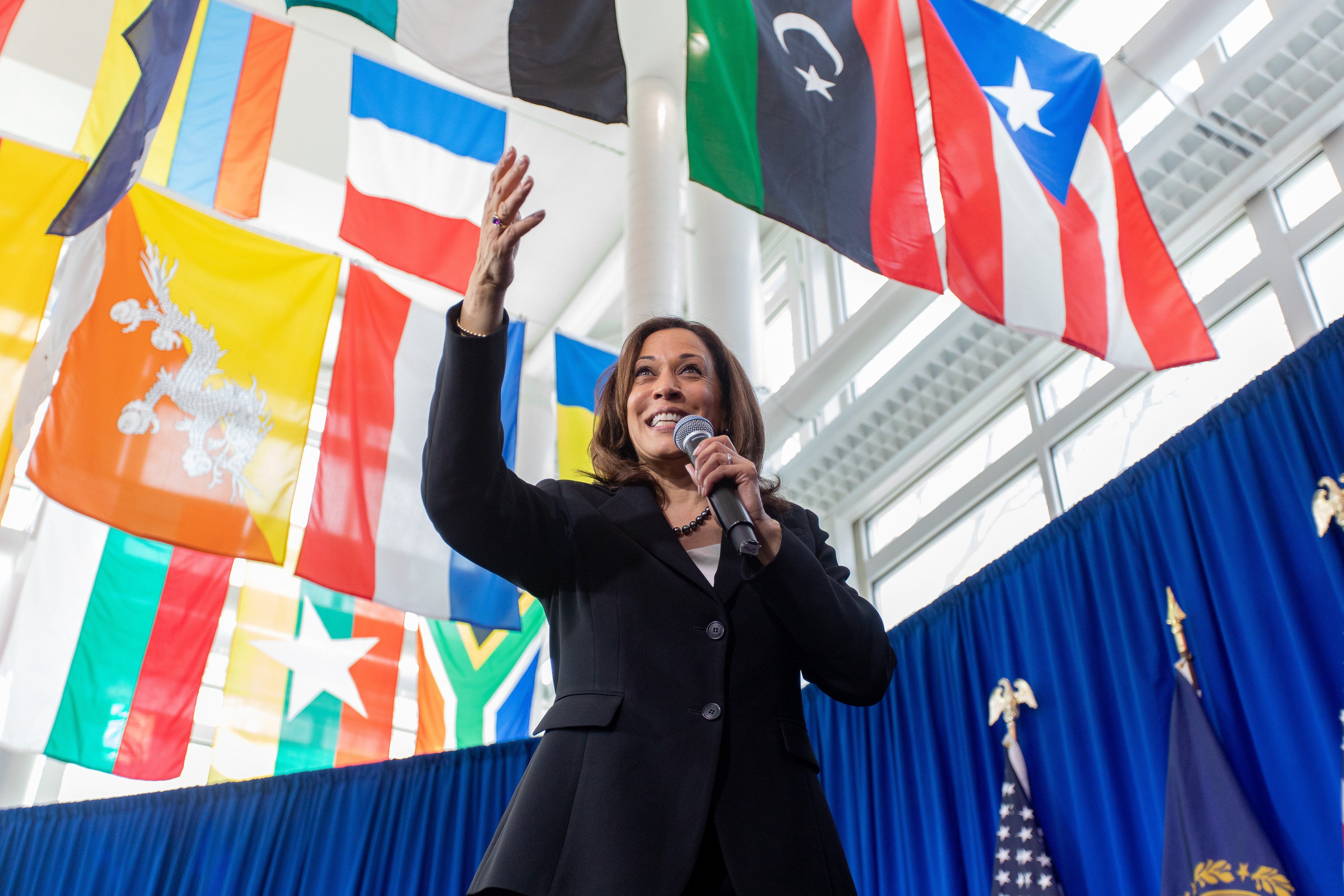Speaking of good news for Kamala Harris, a Cook Political Report swing state poll released Wednesday shows her leading Donald Trump in five of the seven swing states that could decide the election.
Cook, a highly rated pollster, finds Harris up in Arizona, Michigan, North Carolina, Pennsylvania, and Wisconsin, tied in Georgia, and slightly behind in Nevada. If that holds through Election Day, she will likely win.
The results echo those of last week’s New York Times/Siena College poll, which showed Harris leading in Michigan, Pennsylvania, and Wisconsin. Both polls reflect the “vibe shift” since President Joe Biden withdrew from the race. Until then, Trump led in the swing states.
The Democrats are riding high … for now. Harris and her running mate, Tim Walz, have held large rallies while the Trump campaign has struggled to adjust to its new opponent. The upcoming Democratic National Convention may give Harris the traditional “convention bump” as well.
Still, the election is 80 days away, and the race has been volatile. Harris, who has mostly avoided the press, has benefitted from favorable mainstream media coverage, which may not last.
The coming weeks will give us a better sense of whether the initial outpouring of support for Harris/Walz is a sugar high or a square meal.
